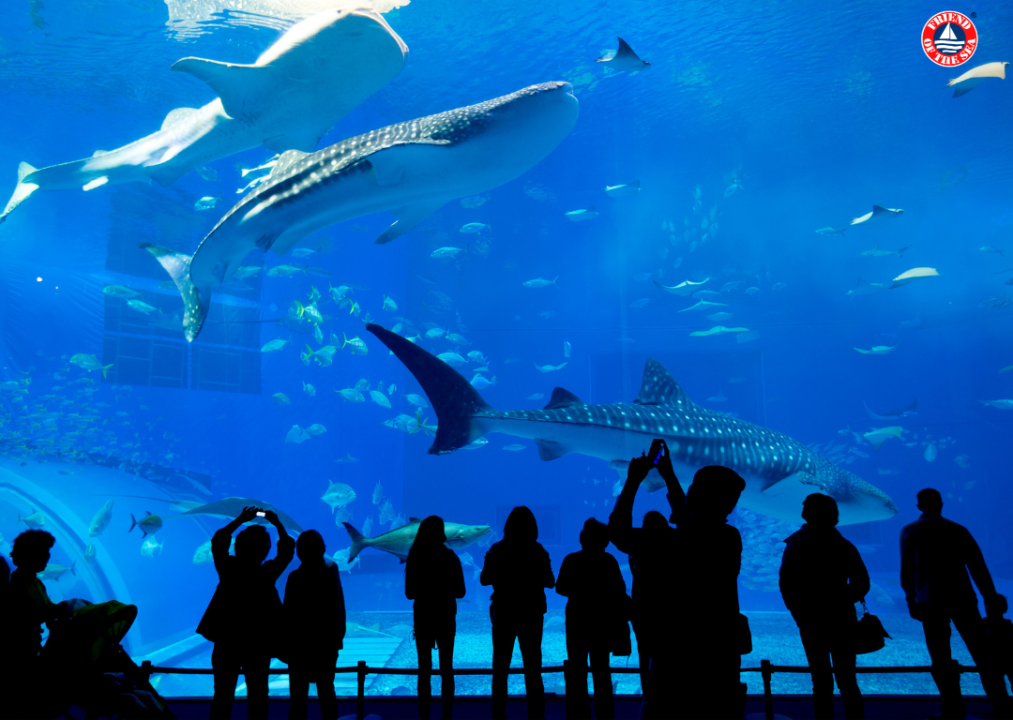The anniversary of AquaRio in Rio de Janeiro—celebrating eight years of operation—offers the perfect opportunity to reflect on the role of aquariums in protecting marine biodiversity and the importance of sustainability certifications.
In an era of climate crisis, aquariums are evolving from simple tourist attractions into significant hubs for research, conservation, and environmental awareness. A shining example is AquaRio in Rio de Janeiro, which this year marked eight years of operation, emerging as a model of sustainability and scientific commitment.
With over seven million visitors, the Brazilian aquarium is not just a place of entertainment but a bona fide centre for marine research. In partnership with institutions, universities, and the Brazilian Navy, it carries out approximately 30 scientific studies, including an innovative project using probiotics to combat coral depletion—a study that has already gained international recognition.
Certification: A Passport to Sustainability
Sustainability is not optional but an increasingly critical requirement for modern aquariums. The Friend of the Sea® certification is a key benchmark for assessing these facilities’ commitment to protecting marine ecosystems. It is more than just a label; it is a rigorous standard that evaluates several factors, including:
- Animal welfare
- Sustainability of specimen sourcing
- Environmental impact of facilities
- Educational and conservation programmes
A particularly noteworthy feature is the prohibition of keeping mammals, birds, and reptiles in captivity—a choice that prioritises the well-being of these highly sensitive species.
A tangible example of a certified aquarium is AquaRio, which generates 30% of its energy needs through solar panels, reducing CO₂ emissions by 320 tonnes annually. Additionally, it is the only institution to have successfully bred certain at-risk marine species, such as the spiny butterfly ray (Gymnura altavela), which is critically endangered.
The Marine Animal Trade: A Global Issue
Behind the tanks of aquariums often lies a complex reality. The trade in ornamental species for aquariums can have a significant negative impact on ecosystems, overexploiting certain species and damaging coral reefs.
To address this, Friend of the Sea has developed a specific certification programme for the sustainable collection and breeding of ornamental species.
The sustainability criteria are stringent and include:
- Non-destructive collection methods
- Selective harvesting of specimens
- Full compliance with the requirements of the Convention on International Trade in Endangered Species (CITES)
- Exclusion of species listed on the IUCN Red List
- Implementation of sustainable coral reef management plans
Over two billion ornamental species are traded annually, making these criteria essential to preserving fragile marine biodiversity.
Why Choose a Certified Aquarium?
For visitors, choosing a certified aquarium means:
- Supporting centres dedicated to scientific research
- Ensuring animal welfare
- Contributing meaningfully to marine conservation
- Enjoying a high-quality educational experience
The example of AquaRio shows that aquariums can be much more than mere attractions: they can become outposts of knowledge and environmental protection, bridging the gap between the public and a deeper understanding of the complexities of marine ecosystems.
At a time when the health of our oceans is increasingly at risk, these centres play a critical role in conservation and raising awareness among thousands of people daily.
Sustainable Aquariums: An International Network of Excellence
Aquariums certified by Friend of the Sea now form an international network of cutting-edge facilities for marine conservation. The current list includes:
- AquaRio in Rio de Janeiro, the largest aquarium in South America
- Aquarium Rubrum and Cala Gonone Aquarium in Sardinia
- Lake District Coast Aquarium in Maryport, Great Britain
- Pula Aquarium and Dubrovnik Aquarium in Croatia
These facilities are concrete examples of excellence in adopting sustainable practices and promoting marine conservation, demonstrating that certification is not just a label but a tangible commitment to protecting ecosystems.




